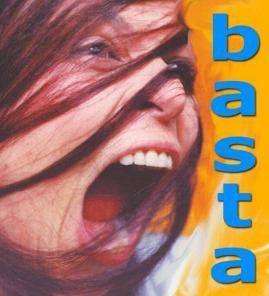A presentation titled "Counted and Discounted: Murdered and Disappeared Women in Ciudad Juárez México” was made by Louise Levesque Lopman, Sociology and WSRC Resident Scholar on a panel (with Brandeis faculty members Silvia Arrom and Roxanne Davila), Portrayals of Mexican Women through Art, October 24, 2006. The panel was in conjunction with the WSRC Exhibit of Daniella Rossell’s provocative photographs, The Richness of Mexico, whose subjects are Mexican women from the one percent of the political, economic and social elite of Mexico City. The talk, which included a powerpoint presentation of photos, posters and paintings, was a drastic contrast to Rossell’s images.
The focus of the talk was on the hundreds of disappearances and the “feminicide/femicide” (femicidio), the brutal torture, rape, and murder with impunity of over 400 young poor Mexican women in the U.S.-Mexico border city of Juárez, Mexico since the passage of the North American Free Trade Agreement (NAFTA) in 1993. Described by neo-liberal policy makers and U.S. multi-national investors as a “laboratory of modernization and globalization,” a “city of the future,” women of Juárez live in squalid slums, colonias populares, in “homes” constructed from wooden pallets and cardboard boxes discarded by the maquilas, with roofs of tarpaper and scraps of tin. There is no plumbing, electricity or sanitation and there is no clean drinking water.
One third of the women who were murdered had worked under abominable conditions for below-minimum wages in the maquiladoras - factories, mostly “sweatshops,” in duty-free export-processing zones where 90 percent of the electronic components and auto parts are manufactured and assembled for export to the U.S. An important objective of the talk was to humanize the discourse, to give a human face to the so-called “cheap labour,” and to the cultural, social, economic, and political vioence that maquila workers, and their families experience in their everyday lives. Also, it is a hope that the lives, disappearances and murders of the young women of Juárez will matter, so that they COUNT AND CANNOT BE DISCOUNTED.

No comments:
Post a Comment